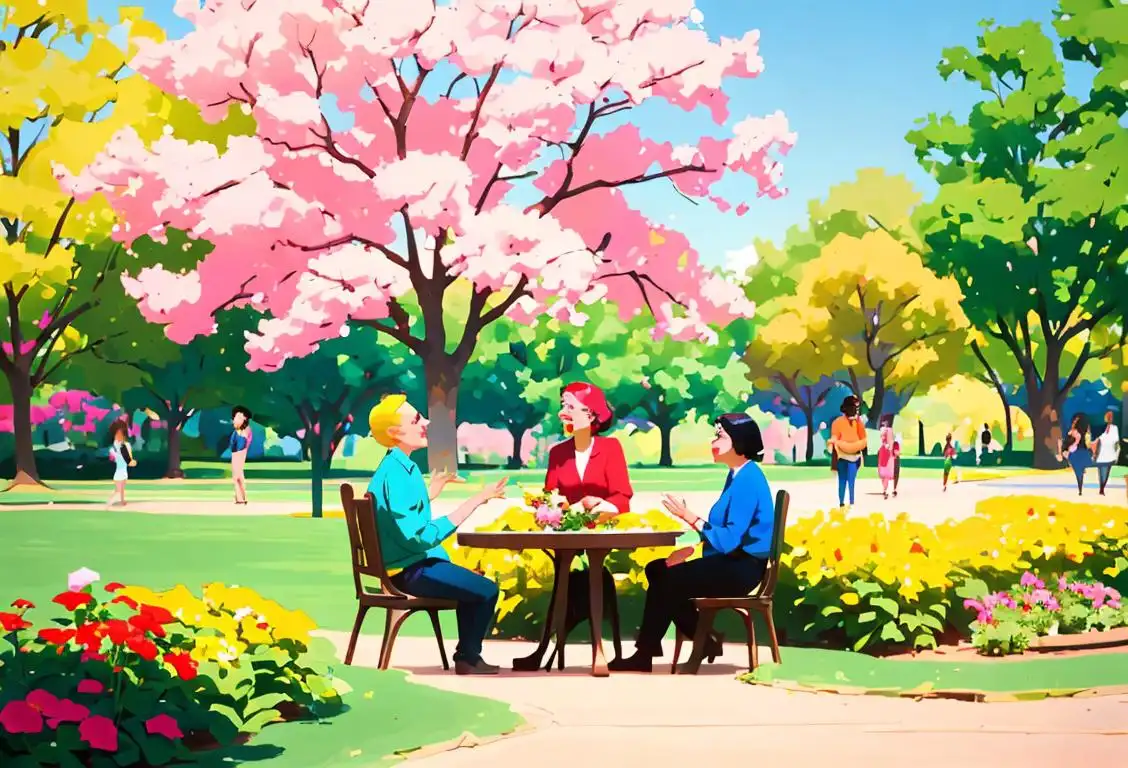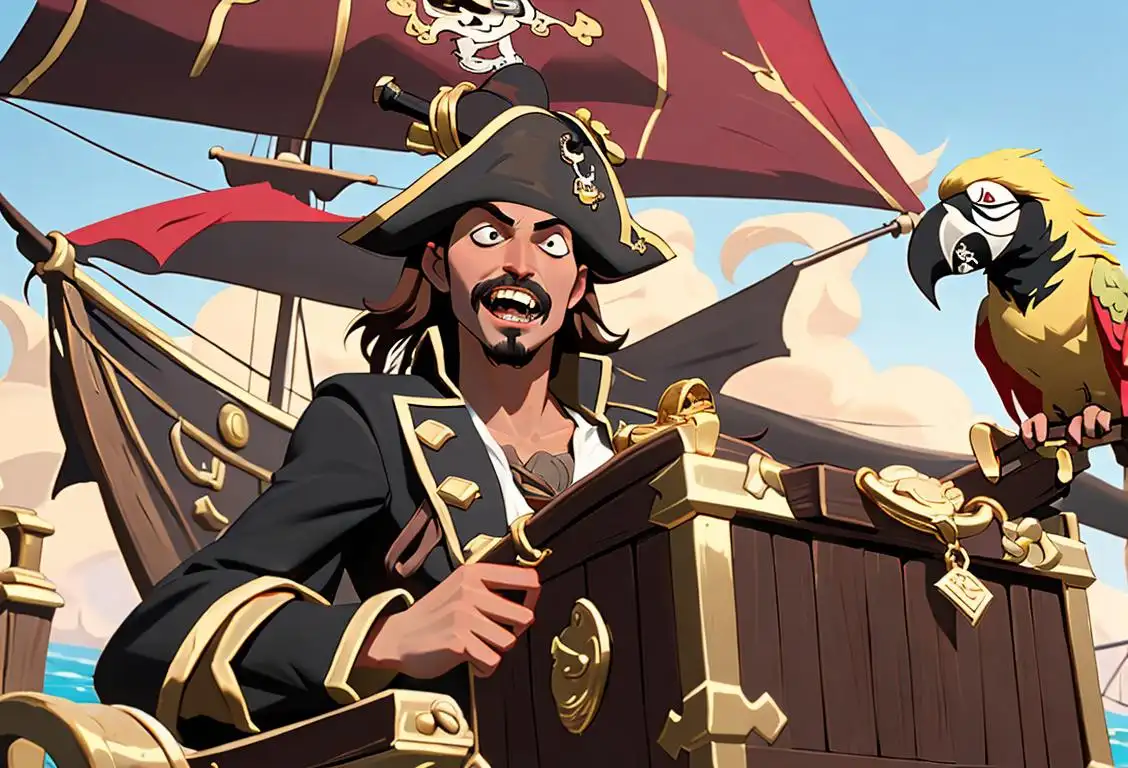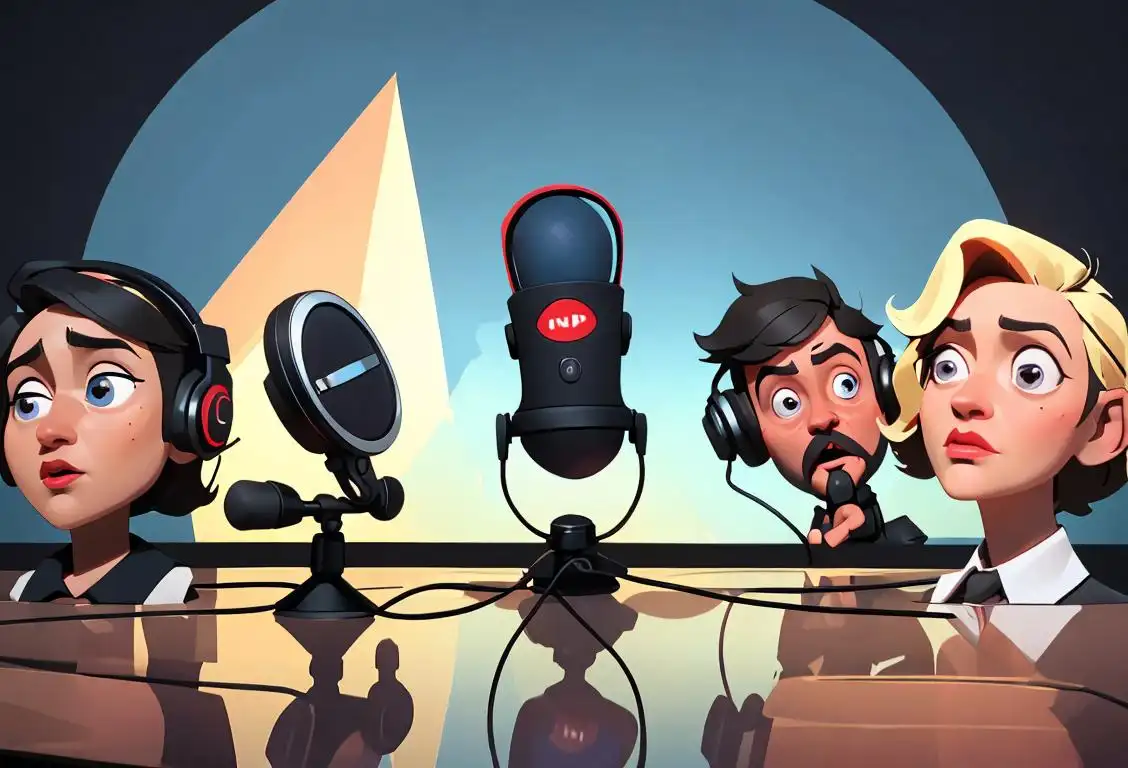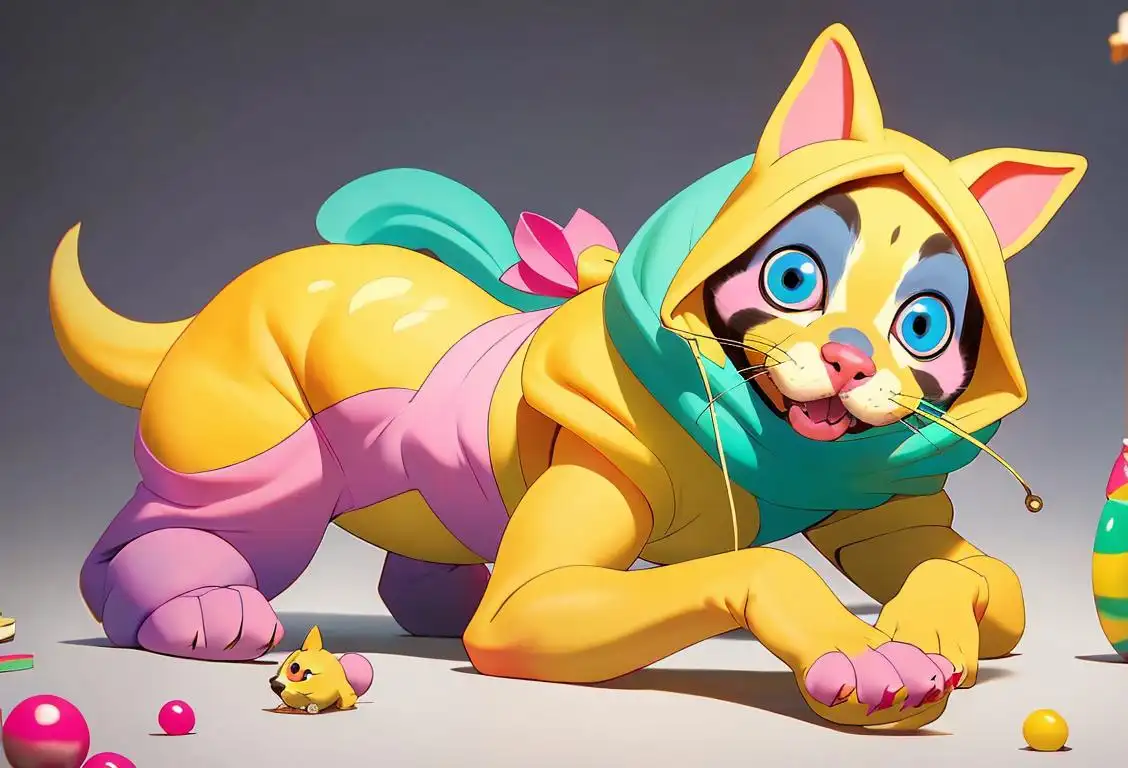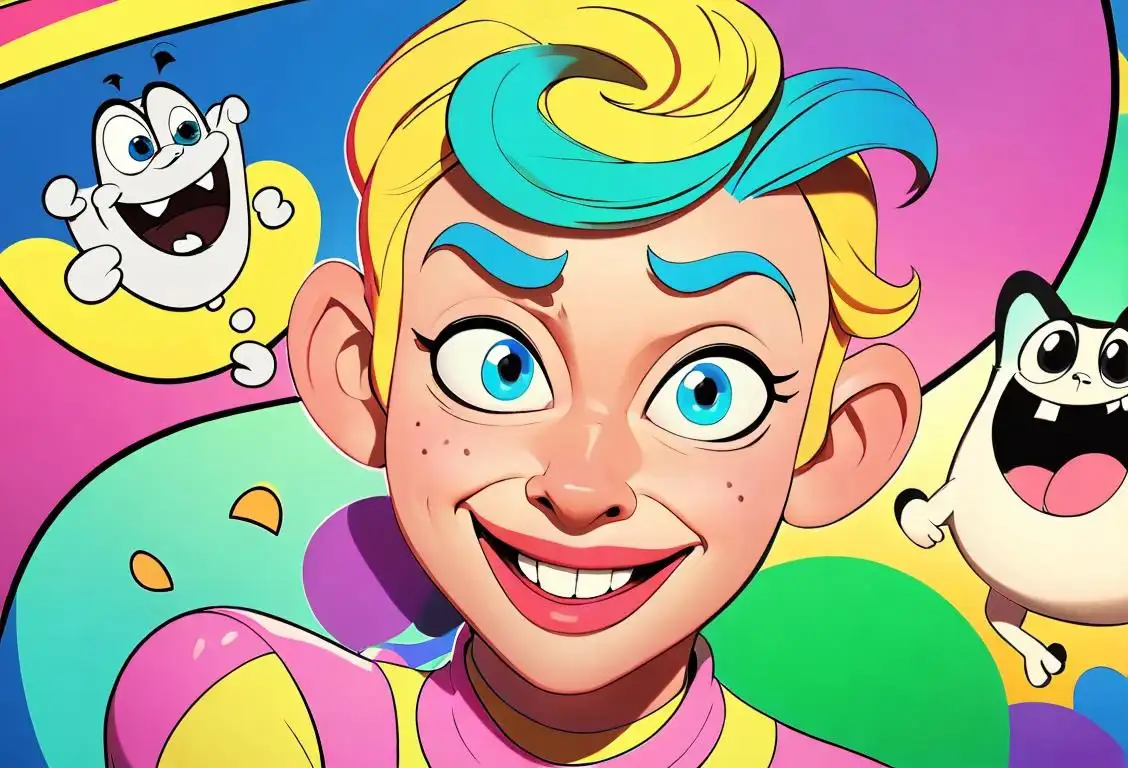National Smh Day
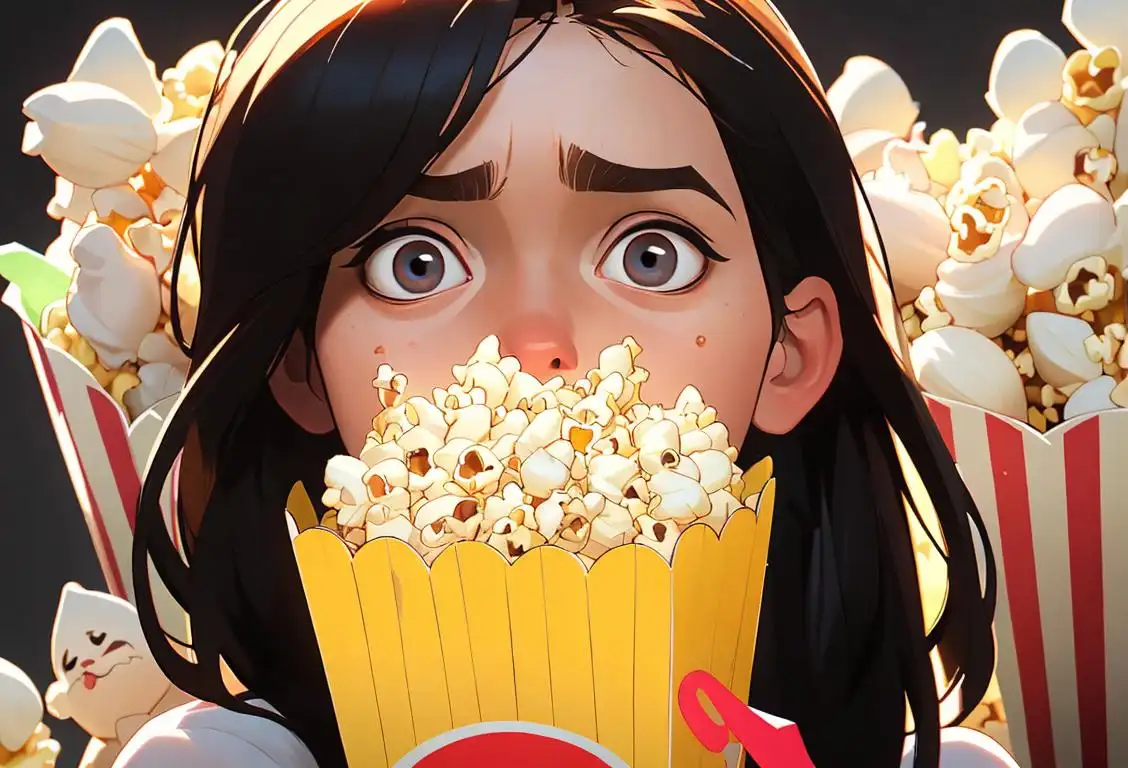
Ah, National smh Day, a day dedicated to that instinctual response we have when something is just too ridiculous for words. From facepalms to eye rolls, SMH captures the essence of our exasperation in the digital age. So, let's dive into the history and significance of this hilarious national day!
When is Smh Day?
It's national smh day on the 12th September.
What is National smh Day?
National smh Day is a day when we collectively acknowledge and express our disbelief through the popular internet acronym 'smh,' which stands for 'shaking my head.' It's the perfect response when faced with absurdity, idiocy, or just general facepalm-worthy moments. Whether it's a mind-boggling news headline, a nonsensical argument on social media, or a classic case of 'trying to fix something with duct tape,' smh has become a shorthand for our shared exasperation.
The Internet and SMH
The rise of the Internet and social media has given us an unprecedented platform to witness and react to the bizarre and perplexing events happening around the world. SMH has become an integral part of the online language, allowing us to express our bewilderment with just three little letters. It's like a universal facepalm that transcends language barriers and brings us all together in shared exasperation.
The Origin of National smh Day
The exact origins of National smh Day are somewhat elusive. It seems to have emerged organically from the depths of the Internet, spreading like wildfire across social media platforms. While we couldn't track down the exact moment it became a national day, it's safe to say that the need to shake our heads in disbelief has always been a part of the human experience. National smh Day simply gave us a designated time to do it collectively.
History behind the term 'Smh'
2002
The Birth of SMS Language
The term 'smh' originates from the early 2000s when Short Message Service (SMS) language was becoming popular. SMS allowed people to send short text messages, but due to character limitations, users started using abbreviations to convey their messages concisely. 'SMH' was initially used as an abbreviation for 'shaking my head,' expressing disbelief or disapproval.
2002
The birth of SMH
The term 'smh' originated in 2002 as an abbreviation for 'shaking my head'. It was initially used in online chat rooms and instant messaging platforms as a way to express disapproval or disappointment. 'Shaking my head' is a physical gesture that signifies disbelief or frustration, and 'smh' became a convenient shorthand to convey those emotions in written form.
2011
The rise of social media
With the advent of social media platforms like Twitter and Facebook, the usage of 'smh' gained significant traction. As people started sharing their thoughts and opinions more publicly, 'smh' became a popular expression to react to absurd or outrageous content. Its brevity and simplicity made it ideal for capturing and conveying instant reactions in the fast-paced world of social media.
2003
Internet Chat and Forums
As the popularity of the internet grew, chatrooms and online discussion forums became widespread. Users carried over the concept of SMS language, including 'smh,' to these platforms. Its usage expanded beyond text messages, finding a place in the online communication lexicon.
2010
Social Media Era
With the rise of social media platforms like Twitter and Facebook, the use of 'smh' exploded. These platforms allowed users to express their thoughts and opinions in real-time, often with character limits. 'Smh' became a favored abbreviation to quickly convey frustration, disappointment, or disbelief about a particular event, statement, or behavior.
2014
Incorporation into popular culture
By 2014, 'smh' had become ingrained in popular culture, making its way into mainstream media and everyday conversations. Its usage expanded beyond online spaces and social media to be used in text messages, emails, and even spoken language. 'Smh' had transcended its origins as a niche abbreviation and became a widely recognized expression of disappointment, disbelief, or exasperation.
2017
Recognition by the Oxford English Dictionary
In 2017, the Oxford English Dictionary officially recognized 'smh' as a legitimate word and added it to their online dictionary. This recognition solidified its place in the English language and acknowledged its cultural significance. 'Smh' had successfully transitioned from a mere abbreviation to a fully recognized term.
2017
Mainstream Acceptance
'SMH' gradually entered the mainstream and gained recognition even among those not extensively accustomed to internet slang. It became widely used in various contexts, both online and offline, much like other popular internet acronyms such as LOL or OMG. The term 'smh' had firmly carved its place in modern language as a succinct expression of disbelief or disappointment.
Present
Ubiquitous usage
Today, 'smh' has become a ubiquitous term used by people across various age groups and demographics. It continues to be an integral part of the online lexicon, serving as a succinct way to express disapproval, frustration, or bewilderment. Whether used ironically, humorously, or genuinely, 'smh' remains a shorthand expression that encapsulates a wide range of emotions and resonates with individuals navigating the digital landscape.
Did you know?
Did you know that 'smh' can also stand for 'so much hate' or 'so much hurt'? While the most common meaning is 'shaking my head,' it's always good to remember that context matters in the online world.Tagged
fun internet languageFirst identified
12th September 2016Most mentioned on
12th September 2016Total mentions
9Other days
The Day
Smh Day
Puta Day
American Sign Language Day
Talk Like A Pirate Day
Podcast Day
Send Me Pictures Of Ur Pets Wearing Costumes Day
Dictionary Day
Friend Day
Cartoonist Day

